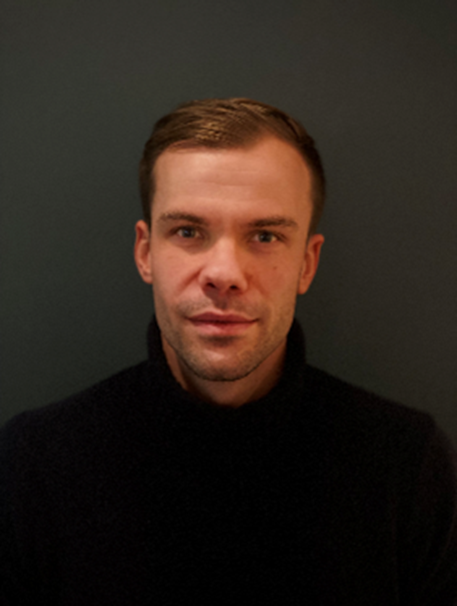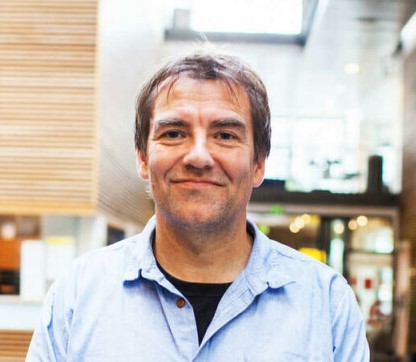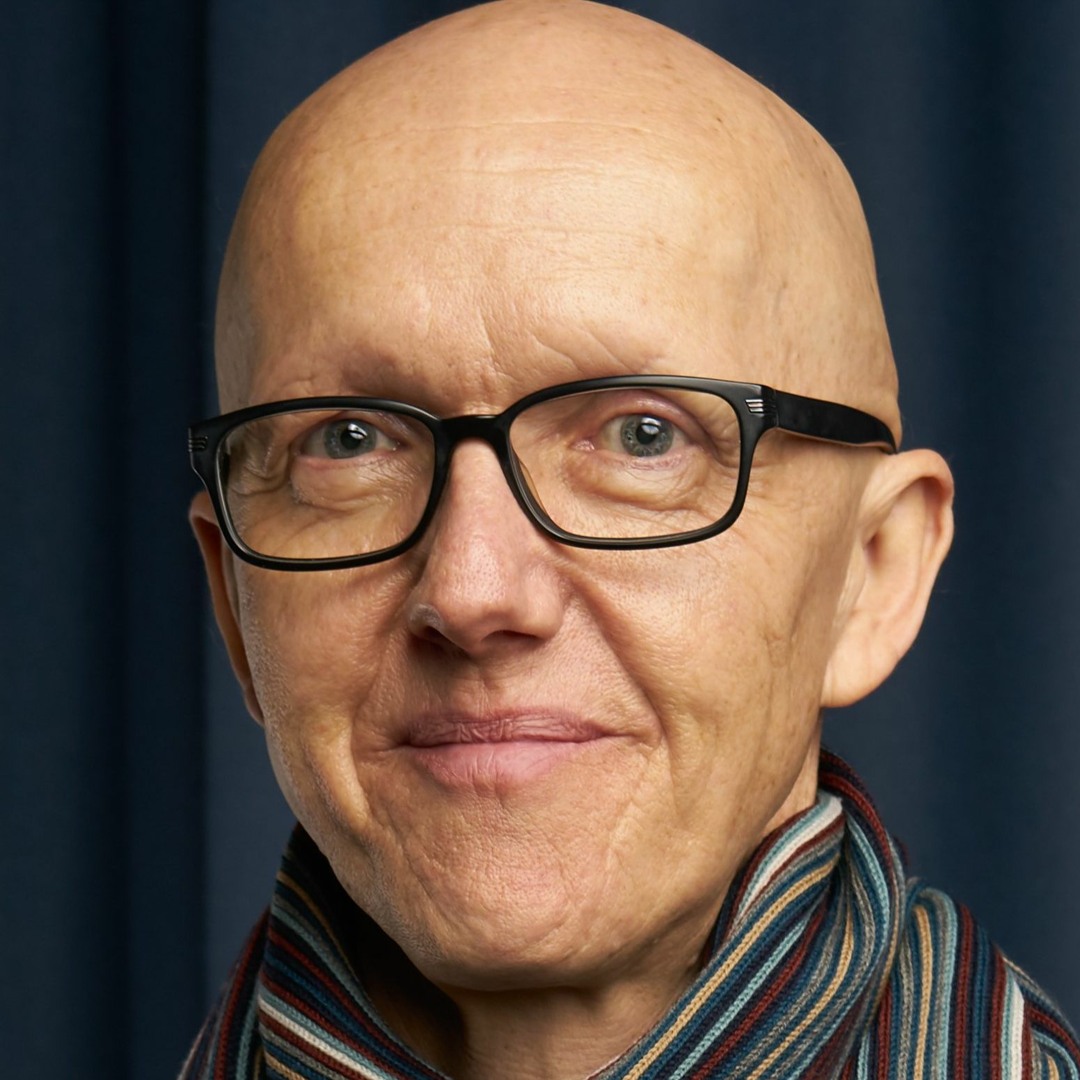Organization & Structure
The scientific organization of the research in the CIM is divided in three Pillars, which are designed to form a translational trajectory from clinical research to implementation and dissemination of the innovative and effective interventions. Pillar I Epidemiology and clinical research, Pillar II Applied artificial intelligence research, Pillar III Trials and intervention research, and Pillar IV Qualitative research.
Pillar I
Leader Bjørnar Berg
Main objectives Advancing the understanding of musculoskeletal disorders through high-quality epidemiological and clinical research. The research aims to identify mechanisms underlying these conditions, including factors contributing to their onset, progression, and treatment response; understand their long-term individual and societal impact; and develop and validate prognostic models to improve patient outcomes using traditional statistical and machine learning approaches.
Projects AID-Spine, Co-occurrent project, Bridge builder project, HEYoung Study
Pillar II
Leader Hårek Haugerud
Main objectives To apply artificial intelligence research to develop tools, processes, and services with the aim to improve effectiveness of musculoskeletal management in clinical care, work and education
Projects AID-Spine, Co-occurrent project, Bridge builder project
Pillar III
Leader Marianne Bakke Johnsen
Main objectives To develop and evaluate clinical care, work and health education interventions and to implement interventions based on existing knowledge and new knowledge from Pillar I and Pillar II
Projects HEYoung Intervention Study
Pillar IV
Leader Per Koren Solvang
Main objectives To apply high-quality qualitative methods in the study of musculoskeletal disorders and their treatment
Projects HEYoung Intervention Study, Bridge builder project, AID-Spine
Pillar Leaders



